Virgin births really happen - here are the animals that prove it
At first, people thought that virgin births happened only in extreme environments, when animals felt pressure to perpetuate their species. That included animals in captivity, like Thelma the python (not pictured), who had 6 babies in 2012 without ever coming in contact with a male python.

But scientists have figured out that animals in the wild can also have virgin births. Back in 1966, scientists discovered that wild whiptail lizards were capable of making their own female offspring.
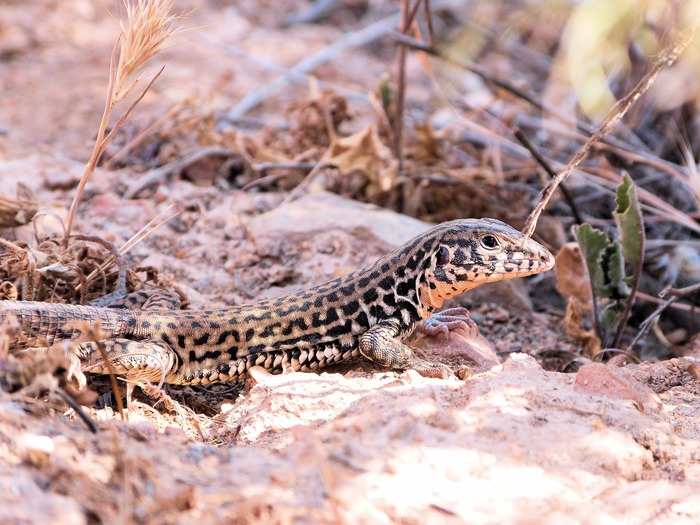
In theory, parthenogenesis poses a big problem for genetic diversity. In 2006, scientists learned that two female Komodo dragons were capable of producing offspring when separated from male dragons. Luckily, the female dragons could switch between virgin births and sexual reproduction if males were around.
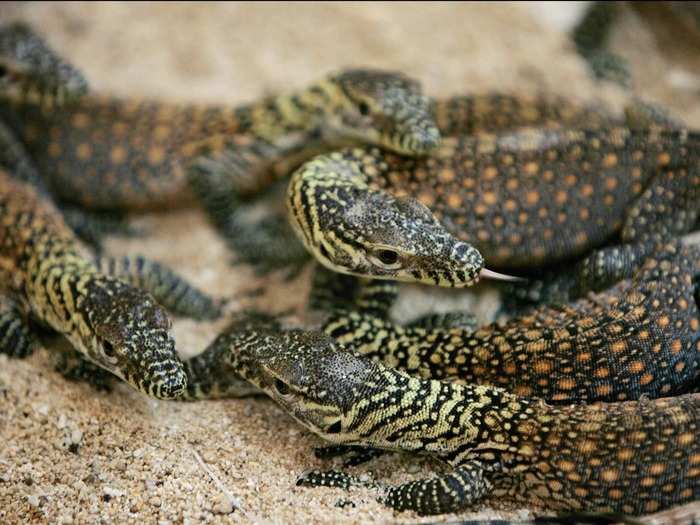
Genetic diversity in a species is important for fending off diseases and maintaining a growing population. This bonnethead shark is one of the types of sharks that can reproduce asexually (by parthenogenesis) in captivity.
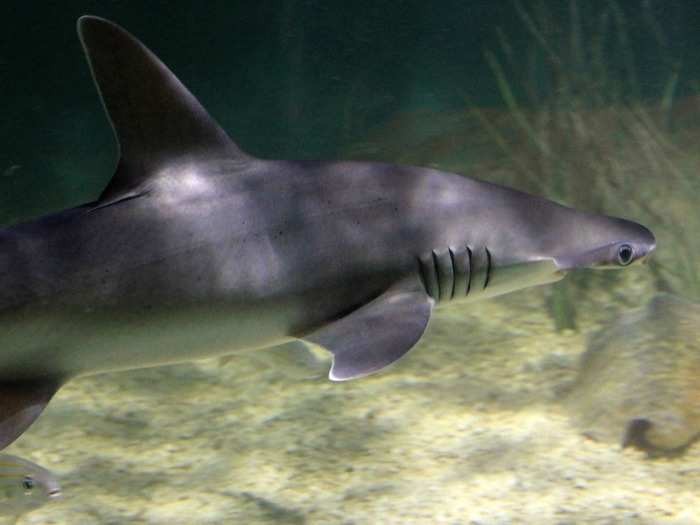
So if a species relied on super-similar genetics, then its chances of being completely wiped out are very high, which worries scientists. But that shouldn't be a big problem for the pit viper — which can also reproduces through parthenogenesis in the wild — because there are plenty of males for females to mate with.
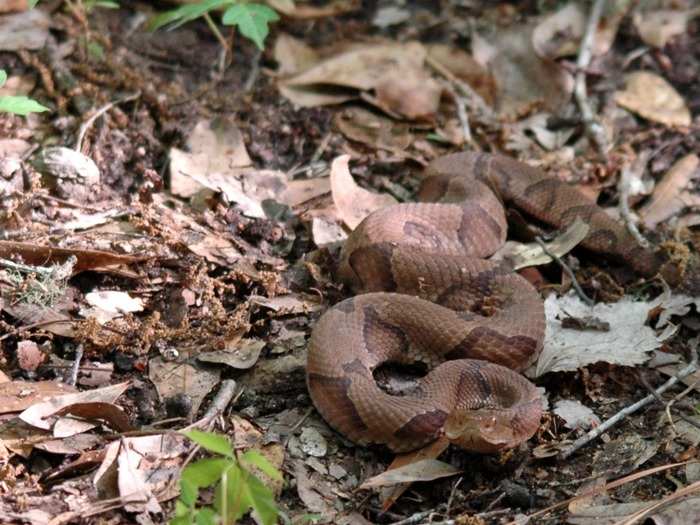
Other egg-laying animals, like domesticated turkeys and chickens, have also been able to produce offspring without mating. In the 1950s, scientists discovered that unfertilized turkey eggs could develop embryos through parthenogenesis.
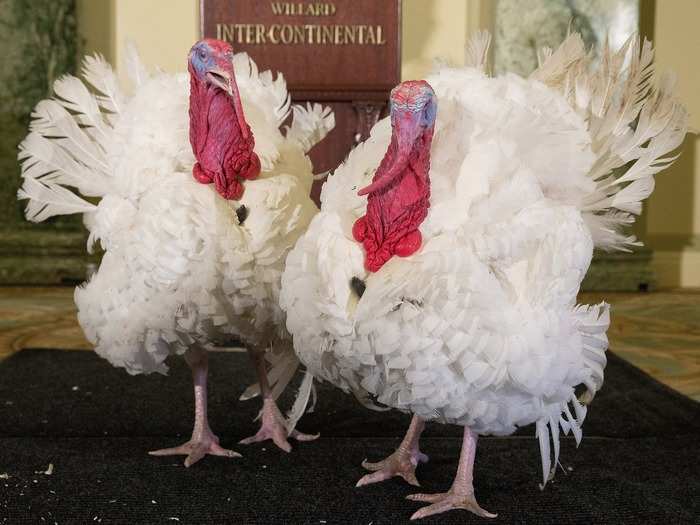
The insect world is also known to have virgin births. In 2008, researchers found that in the case of Cape honeybees in South Africa, the virgin queen bee was able to make both male and female baby bees.
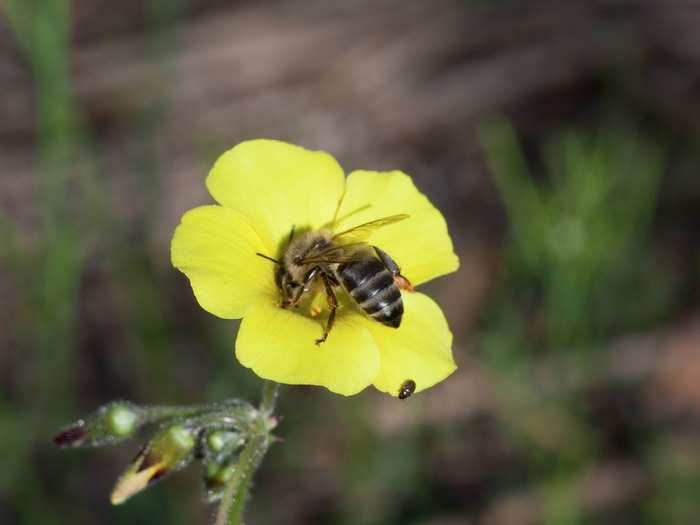
Mammals, for the most part, aren't capable of virgin births. But in 2004, researchers figured out a way to make mice reproduce via parthenogenesis.
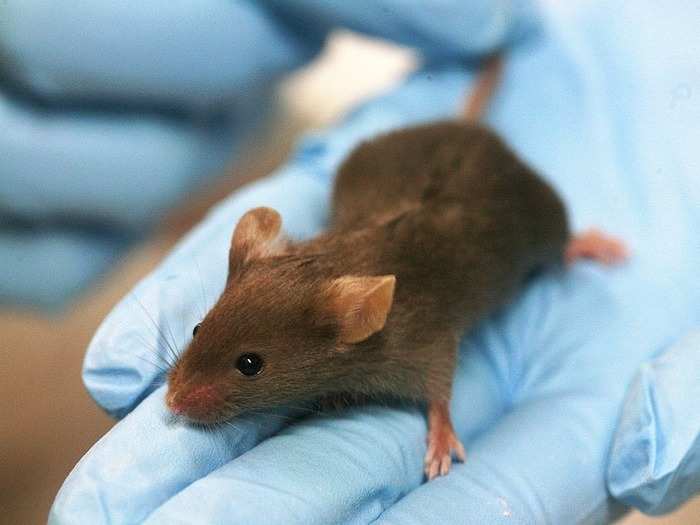
And what about humans? It's not likely to happen any time soon, researchers say. And if it does, it won't happen without scientists tweaking our genes. But that doesn't mean it's not a possibility.
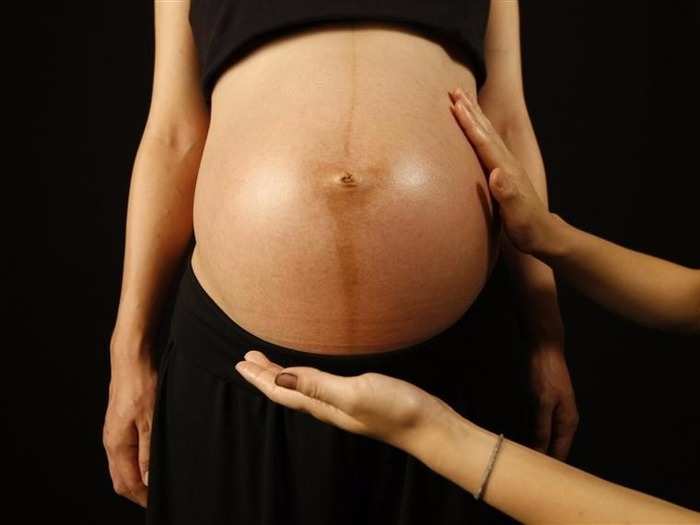
Popular Right Now
Advertisement